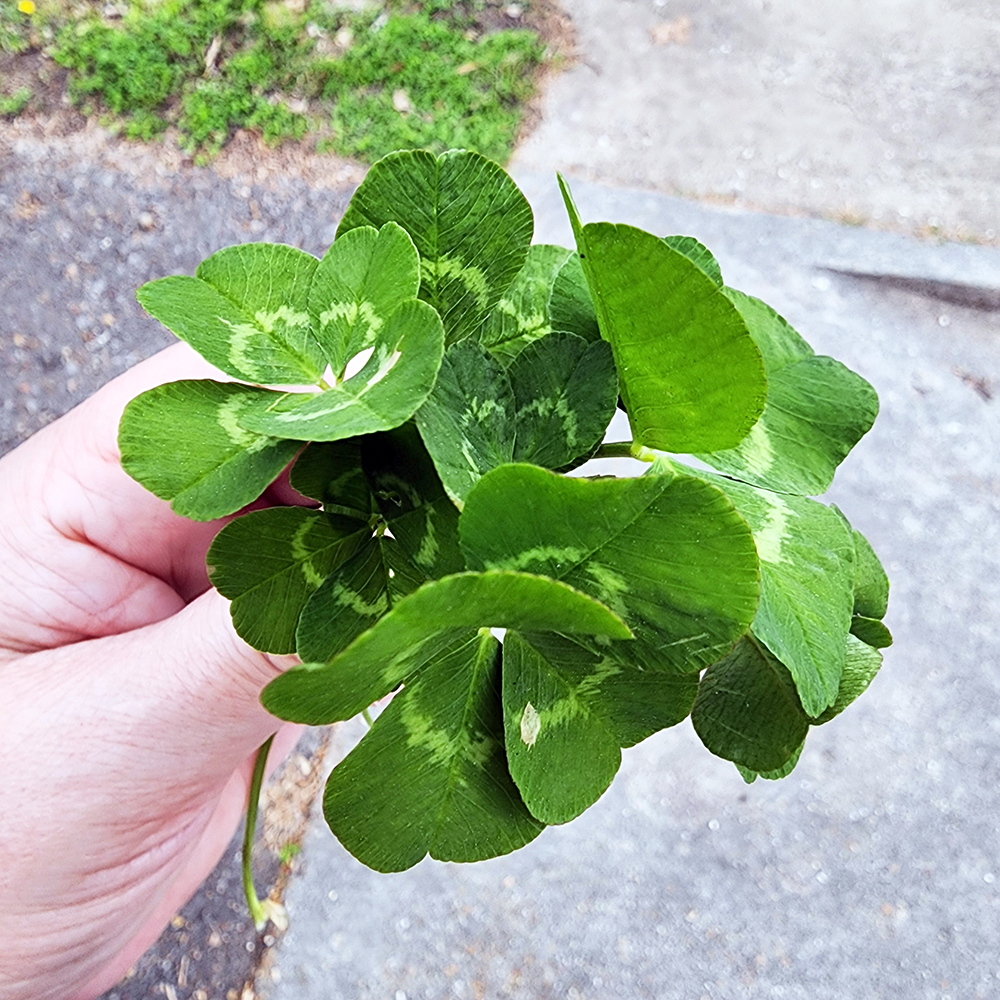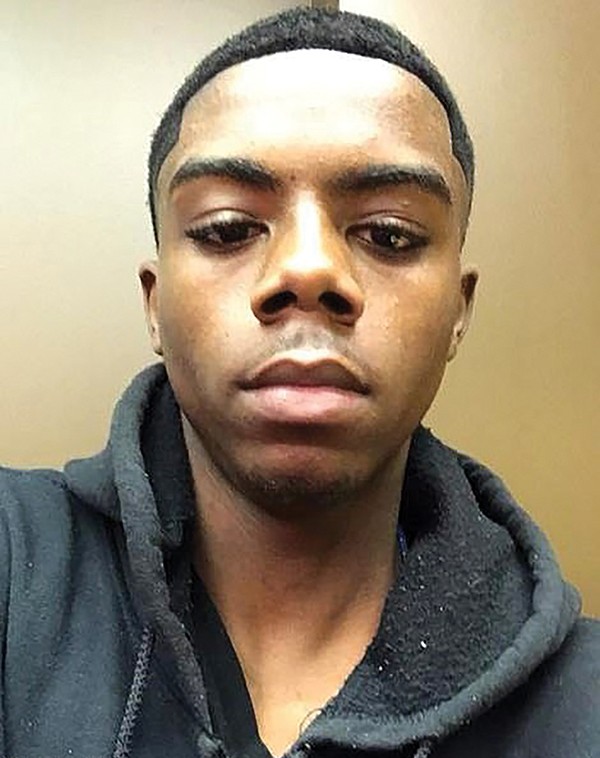It doesn’t have to be
the blue iris, it could be
weeds in a vacant lot, or a few
small stones; just
pay attention, then patch
a few words together and don’t try
to make them elaborate, this isn’t
a contest but the doorway
into thanks, and a silence in which
another voice may speak
— Mary Oliver, “Praying”
Sometimes I stop on my neighborhood walks to caress the moss carpeting the arm of a mighty magnolia that reaches toward the sidewalk. As spring approaches (which, as I write this, officially begins today), the buds and blossoms intoxicate my senses — the sweet smell of blooming dogwoods and the bright hues of newly flowering gardens speckling the way. One might consider these moments something like prayer — a pause to appreciate things often missed in the hurriedness of human life.

Last week, I noted the many dandelions and clover patches dotting the edges of the walkways on my route. I’ve never been too good at finding four-leaf clovers, but occasionally I’ll stop and scan for one. After passing several over the course of a mile, a particular patch called to me and broke my stride. I took a few steps back to get a closer look, and as soon as my gaze focused on the clovers, there it was — a four-leaf! But then, wait — another, and another, and another. It felt like I’d hit the jackpot. Moving my eyes and fingers along the puffs of green, it seemed every other clover was a lucky one. I plucked until I hit seven. I’m not sure why, but that was the number. Although I knew in my gut there were more; I’d leave those for someone else who took the time to look down. It filled me with warmth, perhaps something like a response to prayer, a sign in the silence that I was on my right path that day.
Yesterday, as the temperature dropped before what I hope was the last frost of the season, I saw from my porch a mama squirrel carrying her baby in her mouth. Mama scurried quickly across a lattice portion of my side fence, with baby curled in a ball hanging by the scruff of its neck. I assume she was transporting the wee one to a safer or warmer nest, as I read they’re known to relocate. Her acrobatics were impressive, toting a baby a third of her size as she jumped down, ran, and leaped to the top of the wooden fence across the yard, tight-roping the height of it and only stopping every few feet to secure baby in her grip. Having never seen such a thing in my decades on Earth, a warm feeling washed over me watching this gentle moment unfold. A representation of love and protection, nature and nurture.
Once the squirrels disappeared from view, I let my own furry creatures outside to play. My dogs Frances and Steve enjoy sunbathing on these longer days, and happily munching away at the creeping ivy, sniffing the tiny blue violets, or rolling around in the now lush grass.
I’ve never been too good at praying, and elaborate words may escape me most days. But I do see the beauty in the weeds and stones, in the moss and magnolias. And witnessing this rebirth — this voice of spring — is something like prayer.

 Facebook
Facebook